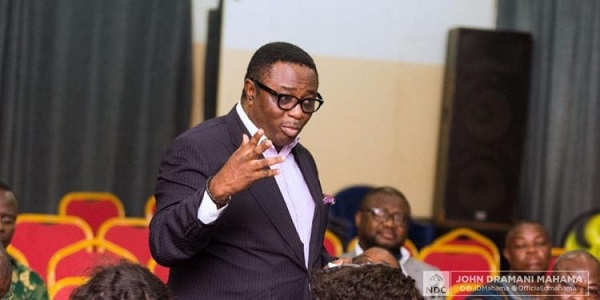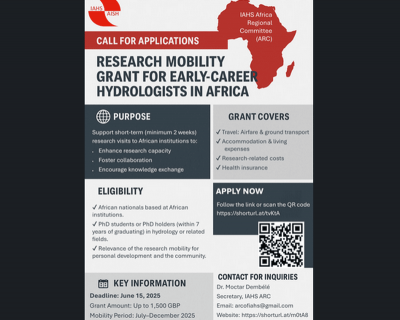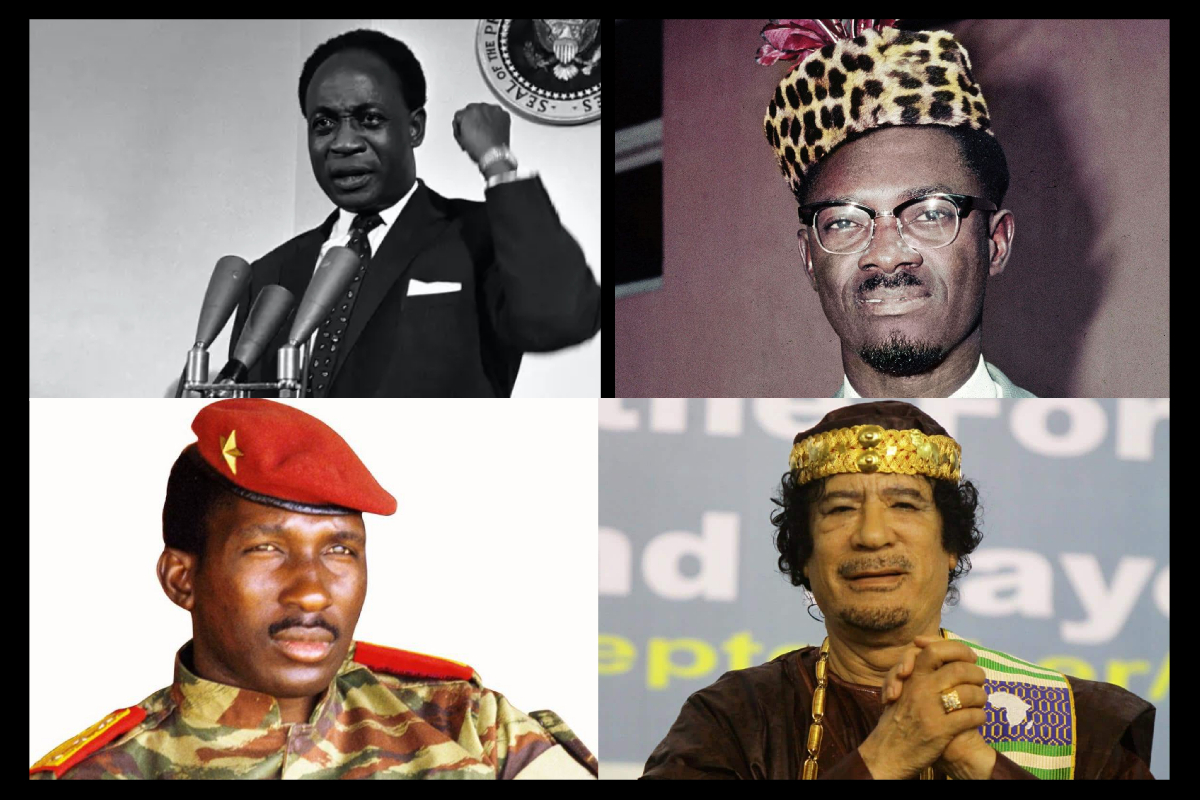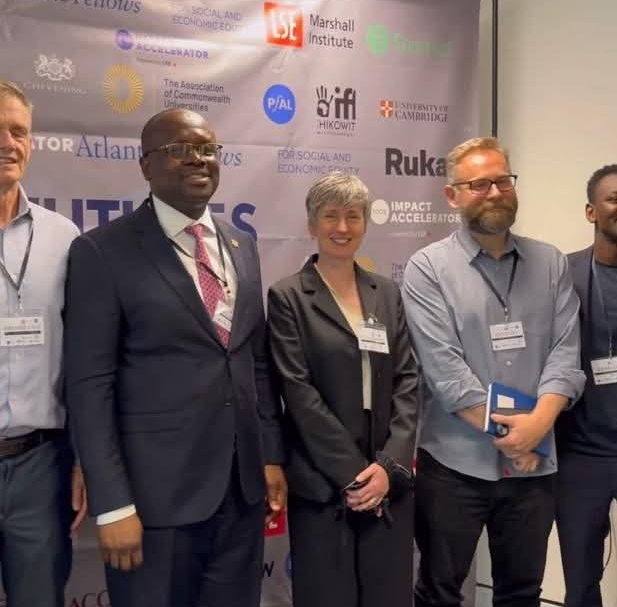Africa Day 2025: The Borders that Still Divide Us
In 2025, as the AU celebrates its 62nd anniversary under the theme “Revisiting Our History, Shaping Our Future,” I find myself asking a difficult but necessary question: What is the value of all the lofty speeches, cultural parades, and unity slogans when we as Africans remain strangers to one another?
I am a journalist, and I am African. I have lived and worked in Accra, Lagos, Johannesburg, and Abu Dhabi. I travel across this continent not just to tell its stories, but to advocate for its digital future. Yet every time I prepare to cross an African border, I face a mountain of bureaucracy, suspicion, and delays. Often, by the time the visa is approved, the story I was chasing is already cold.
This is not just my story. It is a shared experience that continues to frustrate millions of Africans—entrepreneurs, creatives, students, investors, journalists, and ordinary travelers—who must endure unnecessary hurdles just to move within their own continent.
One year ago today, Africa’s richest man, , stood on a stage at the Africa CEO Forum in Kigali and said, “I have to apply for 35 different visas on my passport.” The room laughed, but it was not funny. It was a painful reminder that even the most influential Africans are prisoners to an outdated, fragmented visa regime that stands in direct contradiction to the ideals of African unity.
Dangote, with his Nigerian passport, needs dozens of visas. Patrick, with his French passport, has smoother access to African countries than most of us born and raised on this continent. That irony cuts deep. It is humiliating and frankly unjust that former colonial powers still enjoy more freedom of movement across our lands than Africans themselves.

Sitting beside Dangote was , CEO of France’s Total Energies. Dangote, with his Nigerian passport, needs dozens of visas. Patrick, with his French passport, has smoother access to African countries than most of us born and raised on this continent. That irony cuts deep.
It is humiliating and frankly unjust that former colonial powers still enjoy more freedom of movement across our lands than Africans themselves. When a Nigerian travel filmmaker like is forced to give a stool sample in public at an African airport or detained without reason in multiple African countries, it begs the question: What happened to Pan-Africanism?

We have seen some regional progress. ECOWAS has allowed for freer movement in West Africa. The and have made similar efforts. But even these advances are limited by bureaucracy, politics, and uneven implementation.
The recent back-and-forth between Kenya and Nigeria is a prime example. A visa-on-arrival for Kenyan passport holders that once cost $25 now requires a $215 e-visa application—processed in advance. While proudly declared that Kenya would eliminate visas for all Africans, what we got instead was an “Electronic Travel Authorization” that behaves just like a visa—complete with processing fees and delays.
Let’s call it what it is: .
You cannot build a truly integrated economic system while clinging to colonial-era immigration controls and fear-based policies. If we want AfCFTA to succeed, we must back our commitments with bold action—starting with a for Africans.

The was signed with great fanfare. It is supposed to be a game-changer: a single market of over 1.4 billion people, ready to unleash intra-African trade, create jobs, and reduce poverty. But how can trade thrive when goods can cross borders faster than the people managing them?
You cannot build a truly integrated economic system while clinging to colonial-era immigration controls and fear-based policies. If we want AfCFTA to succeed, we must back our commitments with bold action—starting with a for Africans.
If Europe can do it with the , why can’t we?
This year’s AU theme is about “Revisiting Our History, Shaping Our Future.” But it’s hard to shape a future we are too afraid to embrace.
The AU has repeatedly pledged to “remove restrictions on Africans’ ability to travel, work and live within their own continent.” But pledges are not enough. We need timelines. We need accountability. And above all, we need .
Without real steps toward open borders, Africa Day becomes just another ceremonial date on the calendar—a time for empty speeches and choreographed dances, not transformative change.
Critics will say, “We need visas for security reasons.” Or, “We’ll be flooded by economic migrants.”
But the real threat to African stability and development isn’t movement—it’s stagnation. It’s fear. It’s a lack of bold leadership.
Let’s not forget: —illicit arms, trafficked humans, and extremist ideologies don’t need visas. But a young Ghanaian engineer looking to launch a startup in Kigali? Or a South African creative heading to Lagos for a film festival? They’re forced to jump through hoops.
Why do we fear our own people more than we fear outsiders?
Africa Day must stop being a day of nostalgia and start being a moment of . Let this be the year we stop talking and start that divide us.
We cannot digitize Africa if we cannot .
We cannot trade, innovate, and collaborate if we must constantly prove our worth at embassies and immigration checkpoints.
We cannot achieve unity if our own systems continue to discriminate against our own people.

As a journalist and as a digital evangelist, I am using to recommit to the campaign for . I call on every African leader, policymaker, and citizen to demand that we turn the into —and policy into .
Let’s stop delaying. Let’s stop hiding behind regional exceptions and temporary fixes. Let’s make Africa open to Africans—once and for all.
If not now, when? If not us, who?









